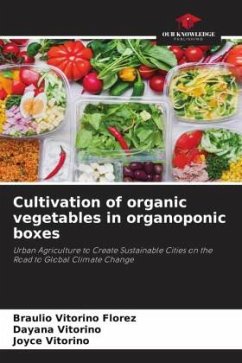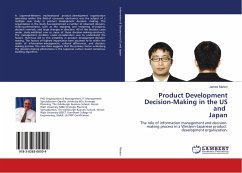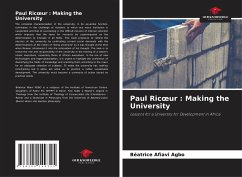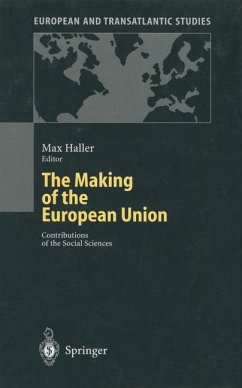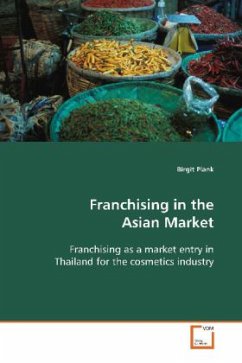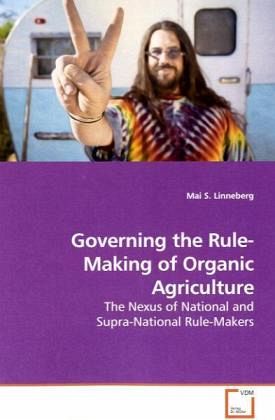
Governing the Rule-Making of Organic Agriculture
The Nexus of National and Supra-National Rule-Makers
Versandkostenfrei!
Versandfertig in 6-10 Tagen
52,99 €
inkl. MwSt.

PAYBACK Punkte
26 °P sammeln!
In western societies, organic agriculture is highly institutionalised as an approach to sustainable farming. In this development, a vast number of standards and rules have been constructed by rather diverse rule-makers. Despite EU s attempt to harmonise rules and standards for organic agriculture, the diversity of rule-makers has resulted in differences in standards and problems of inefficient markets. This book addresses the issue by providing an increased understanding of how such rule-making activities are created nationally. The analysis is based on a comparative study of Denmark and Swede...
In western societies, organic agriculture is highly institutionalised as an approach to sustainable farming. In this development, a vast number of standards and rules have been constructed by rather diverse rule-makers. Despite EU s attempt to harmonise rules and standards for organic agriculture, the diversity of rule-makers has resulted in differences in standards and problems of inefficient markets. This book addresses the issue by providing an increased understanding of how such rule-making activities are created nationally. The analysis is based on a comparative study of Denmark and Sweden. Although the cases illustrate two modes of governance: in the former, rule-making is formally internalized in the State and in the latter, in a private-interest organization, a similar set of stakeholders participate in the actual rule-making processes. The analysis provides an interesting avenue into understanding the relationship between local and supranational rule-makers, and how local rule-makers may act to secure local circumstances and demands of supranational legislators concurrently. Moreover, the analysis suggests possible consequences of striving for uniform standards.




